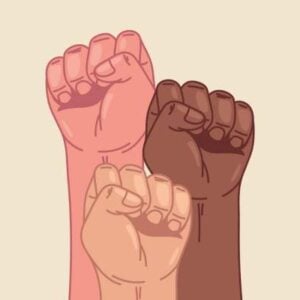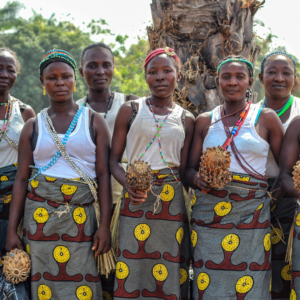The recent sanctions announced by the United States target Palestinian human rights organizations Al-Haq, the Palestinian Centre for Human Rights (PCHR), and Al-Mezan Center for Human Rights. These measures relate to their support of the International Criminal Court’s (ICC) investigation into the situation in the Occupied Palestinian Territory. These sanctions follow earlier U.S. actions against another prominent Palestinian NGO, Addameer, imposed in June. The UN rights chief, Mr. Türk, emphasized the critical role these NGOs have played for decades in holding violators accountable for human rights abuses, especially amid widespread violations in Gaza, the West Bank, and East Jerusalem. He called on the U.S. to immediately lift these sanctions, including those placed on the UN Special Rapporteur and ICC officials, warning that such actions could have a chilling effect on civil society not only locally but globally.
Meanwhile, the humanitarian crisis in Gaza continues to worsen as Israeli military operations intensify around Gaza City, resulting in increasing civilian casualties and damaging vital infrastructure. The UN spokesperson Stéphane Dujarric reported attacks on residential buildings and shelters for displaced people, with nearly 41,000 residents having been displaced since mid-August. Many displaced individuals are unable to move south due to overcrowded shelters and prohibitively high transportation costs. The dire situation has left people exhausted and trapped amid the ongoing violence.
World Health Organization (WHO) chief Tedros Adhanom Ghebreyesus condemned the siege-like conditions in Gaza, describing the famine spreading alongside the conflict as a catastrophe that Israel could prevent. He denounced the starvation of civilians as a war crime that risks setting dangerous precedents for future conflicts. The WHO reports at least 370 deaths from malnutrition since the conflict began in October 2023, with over 300 deaths in just the past two months. Poor access to food, clean water, and cramped living conditions have weakened immune systems and increased susceptibility to diseases like Guillain-Barré Syndrome, which has claimed 11 lives recently. Tedros stressed that this human suffering is preventable and that food aid sits idle on trucks nearby.
Despite WHO’s efforts to assist the population, including facilitating medical evacuations of more than 7,640 patients, urgent care is needed for over 15,000 others, including 3,800 children. Over 700 people have died waiting for medical evacuation. Tedros called on countries to welcome these critically ill patients and urged Israel to allow treatment in the West Bank and East Jerusalem. Ultimately, he appealed for Israel to end the war and called on Israel’s allies to exert their influence to halt the violence and alleviate this human tragedy.







